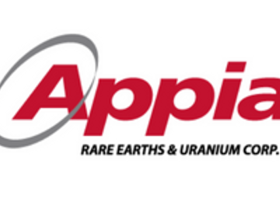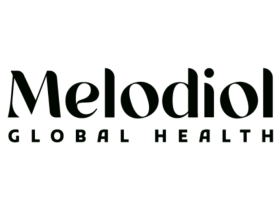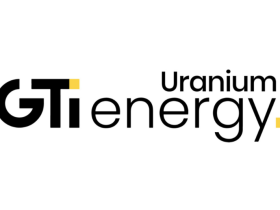Canada’s medical device sector may be one of the country’s best-kept secrets.
The nation’s medical device industry is primarily composed of small and medium-sized companies, but according to data from Statista, the sector is on track to be valued at US$9.93 billion in 2023. Looking further into the future, Canada’s medical device market is expected to grow at a compound growth rate of 5.34 percent to reach US$12.88 billion by 2028.
Medical devices include items like pacemakers, artificial heart valves, diagnostic and imaging equipment, in vitro diagnostics, dialysis equipment, hip and knee implants, synthetic skin, surgical tools, orthopedics, medical imaging and infusion pumps. Cardiology devices represent the largest segment of the market, with a projected value of US$1.46 billion in 2023.
1. Ventripoint Diagnostics (TSXV:VPT,OTCQB:VPTDF)
Market cap: C$39.99 million
Medical device company Ventripoint Diagnostics designed its Ventripoint Medical System Plus (VMS+) 3.0 to quickly produce 3D images of the heart; these images allow physicians to analyze all four cardiac chambers without the need for conventional ultrasound magnetic resonance imaging technology. VMS+ 3.0 is based on the company’s proprietary artificial intelligence reconstruction technology and can calculate volumes and ejection fractions for all chambers.
In August, Ventripoint announced a new product with its partner ASCEND Cardiovascular for improving diagnosis and monitoring of fetal, pediatric and adult congenital heart disease. The product integrates Ventripoint’s 3D Echo software application, which is powered by artificial intelligence, with ASCEND’s InView cardiovascular diagnostic viewer and reporting application.
2. Aurora Spine (TSXV:ASG,OTCQB:ASAPF)
Market cap: C$19.73 million
Aurora Spine, another of Canada’s medical device companies, is focused on the spinal implant market and has a portfolio of minimally invasive, regenerative spinal implant technologies designed to improve spinal surgery outcomes. Its DEXA patient-matched implant technology has 510(k) clearance from the US Food and Drug Administration (FDA), while its ZIP series of MIS implants has FDA indication clearance for lumbar spinal stenosis. Aurora Spine’s interlaminar single implant technology for motion preservation or fusion was issued a patent in mid-2022.
In June, Aurora Spine began patient enrollment in a multicenter study of its DEXA-C Cervical Interbody System, which is indicated for anterior cervical interbody fusion procedures and is based on the company’s patented DEXA technology platform.
3. Nugen Medical Devices (TSXV:NGMD,OTCQB:NGMDF)
Market cap: C$18.87 million
Specialty medical device company Nugen Medical Devices focuses on developing and commercializing FDA-cleared and CE-approved needle-free injection systems and other innovative medical delivery products for a multitude of applications, including diabetes, veterinary medicine and vaccines. The company’s products include InsuJet and PetJet.
In July, Nugen inked a five year $204 million distribution agreement for its needle-free InsuJet medical device and consumables with Sol-Millennium Medical.
4. Salona Global (TSXV:SGMD)
Market cap: C$17.12 million
Salona Global is a fully integrated medical device company offering medical electro-therapy and custom wearable devices for the injury and post-operative recovery market.
Salona Global’s business model includes the acquisition of small private medical device companies. In 2022, the company acquired a portfolio of medical device intellectual property approved for distribution in the US by the FDA. The portfolio consists of three key medical device recovery technologies, and Salona Global now markets the products under the Mio-Guard brand.
This year, Salona has completed two more acquisitions: Arrowhead Medical and Biodex Medical Systems. The company will integrate these assets into its Mio-Guard portfolio as well.
5. MedX Health (TSXV:MDX)
Market cap: C$12.23 million
MedX Health is developing and commercializing skin health products. Its service SIAscopy on DermSecure features the company’s SIAscopy technology and is a telemedicine platform that is being used in more than 200 pharmacies across three countries.
The SIAscopy technology is also embedded in MedX’s products SIAMETRICS, SIMSYS and MoleMate, which are handheld devices used by healthcare practitioners to analyze suspicious moles or lesions in a pain-free, non-invasive manner. The products are cleared by Health Canada, the FDA, the Therapeutic Goods Administration in Australia and European authorities for use in Canada, the US, Australia, New Zealand, the EU, Brazil and Turkey.
Securities Disclosure: I, Melissa Pistilli, hold no direct investment interest in any company mentioned in this article.





